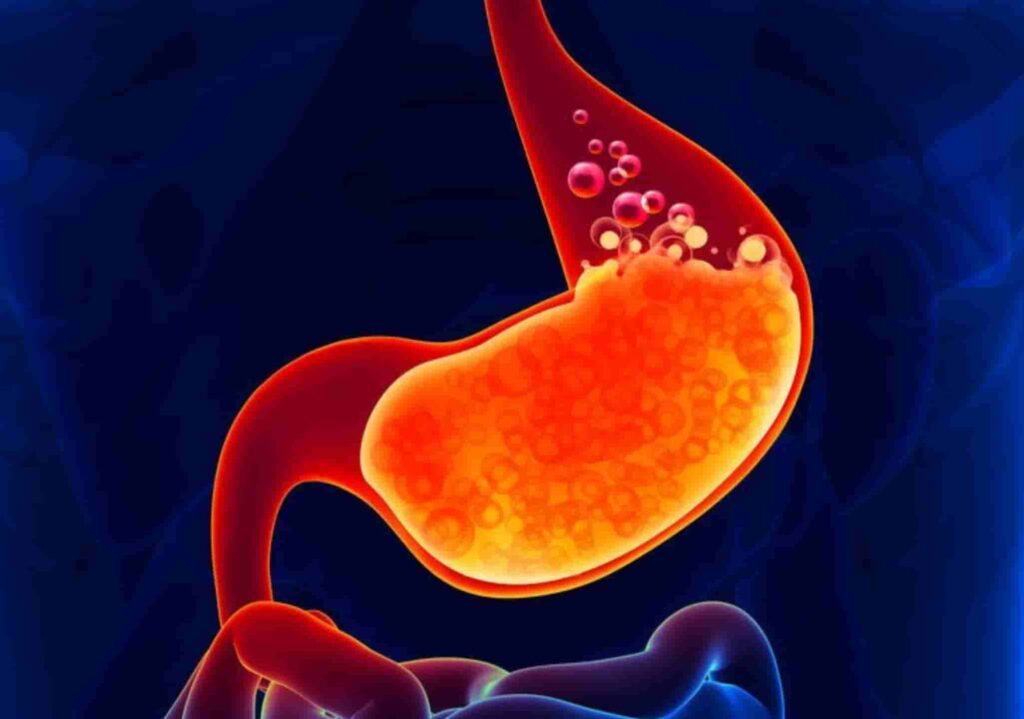Medical Marijuana’s Role in Easing GERD Symptoms
Introduction
GERD, or Gastroesophageal Reflux Disease, plagues millions globally and is characterized by the backflow of stomach acid into the esophagus, resulting in discomfort and complications. While conventional treatments exist, they may not always suffice. Hence, exploring alternative therapies, including medical marijuana, gains significance in managing GERD symptoms effectively. Medical cannabis has already established itself as a viable therapy for a variety of gastrointestinal disorders. Read on to find out.
Understanding GERD
GERD manifests when the lower esophageal sphincter (LES) malfunctions, allowing acid reflux into the esophagus. Symptoms include heartburn, regurgitation, and swallowing difficulties. Common risk factors encompass obesity, hiatal hernia, smoking, and dietary habits.
Conventional treatments, like lifestyle adjustments and medications such as proton pump inhibitors (PPIs), aim to mitigate symptoms. Surgical interventions like fundoplication may be recommended for severe cases.
Medical Marijuana: An Overview
Medical marijuana, derived from the cannabis plant, is garnering attention for its therapeutic potential. Cannabis contains cannabinoids like THC and CBD, interacting with the body’s endocannabinoid system to produce varied effects. Despite federal restrictions in the U.S., many states permit medical marijuana use with proper authorization.
Research on Medical Marijuana and GERD
Although research on medical marijuana’s efficacy in managing GERD is young, preliminary studies hint at several benefits. Cannabinoids possess anti-inflammatory, analgesic, and gastroprotective properties, potentially alleviating GERD-related inflammation and discomfort. Moreover, cannabinoids may modulate pain and nausea perception, offering relief from symptoms like heartburn.
Mechanisms of Medical Marijuana for GERD Relief
Medical marijuana may alleviate GERD symptoms through multiple mechanisms. Cannabinoids’ anti-inflammatory attributes could reduce esophageal inflammation and mucosal damage induced by acid reflux. Additionally, cannabinoids might enhance LES function and stimulate protective mucus secretion in the gastrointestinal tract, shielding the esophagus from acid-induced harm.
Strain Selection and Dosage Considerations
Selecting suitable strains and dosages is pivotal for optimizing medical marijuana’s therapeutic effects. Indica strains, known for relaxation, may be beneficial for GERD patients, while caution is warranted with stimulating Sativa strains. Initiating with a low dose and titrating cautiously is advised, with healthcare provider guidance essential.
Methods of Consumption
Medical marijuana can be consumed via inhalation, ingestion, or sublingual administration, each offering distinct onset, duration, and bioavailability. Inhalation methods provide rapid relief but may irritate the respiratory system, whereas edibles and tinctures offer prolonged effects, albeit with delayed onset.
Risks and Considerations
While medical marijuana holds promise, potential risks and interactions must be acknowledged. Side effects like dry mouth and dizziness may occur, particularly with higher doses. Furthermore, medical marijuana may interact with GERD medications, necessitating healthcare provider consultation before integration into treatment regimens.
Conclusion
Medical marijuana presents a promising avenue for GERD management. Understanding its mechanisms of action, strain selection, and dosage optimization is crucial for maximizing therapeutic benefits while mitigating risks. Collaborative efforts between patients, healthcare providers, and researchers are imperative for advancing our understanding of medical marijuana’s role in alleviating GERD symptoms and enhancing patient well-being.

Dr. Nicholas Marsh has been a respected board-certified anesthesiologist in Northern Virginia for over 35 years. Recognized as a top doctor by FindaTopDoc.com, his vision for providing top-quality medical services is driven by his passion for patient comfort and dignity.

